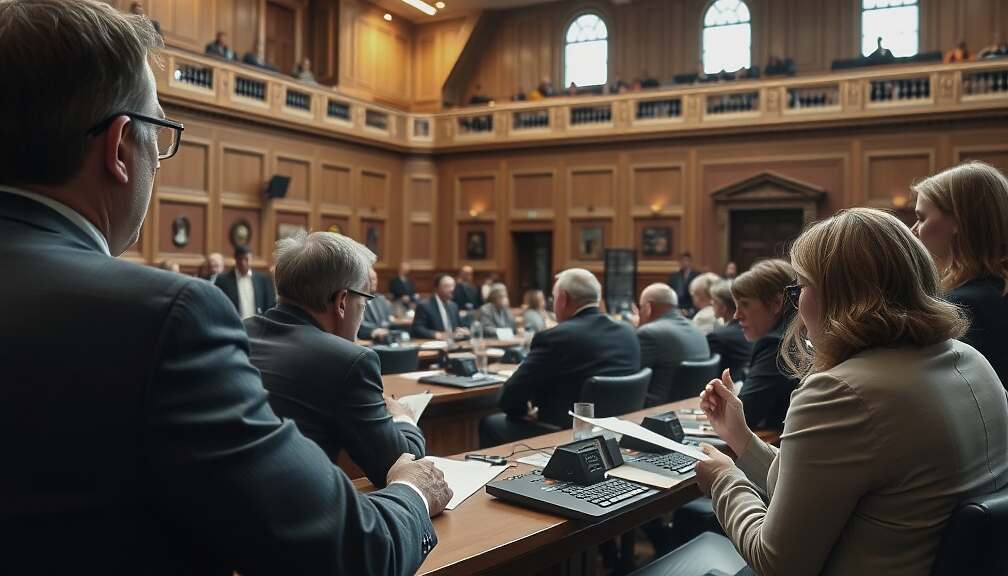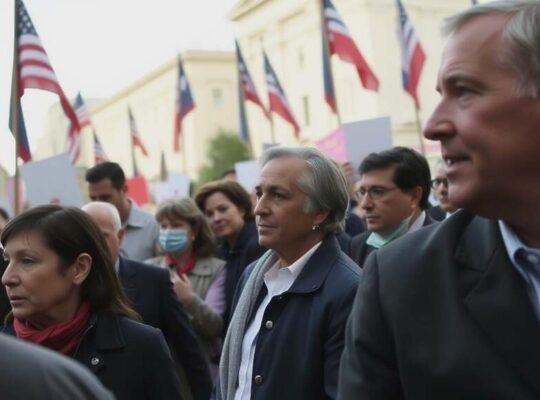The governing coalition faces mounting pressure to demonstrate flexibility as the parliamentary budget week commences in the Bundestag. Steffen Bilger, Secretary-General of the Christian Democratic Union (CDU), has publicly urged both the CDU/CSU and the Social Democratic Party (SPD) to prioritize compromise during crucial budget negotiations.
Bilger, in remarks to the “Rheinische Post”, acknowledged the coalition’s ability to secure parliamentary majorities for its legislative agenda despite internal factional debates during the first seven months of its tenure. However, he cautioned against complacency, emphasizing that successful governance hinges on a continued willingness to negotiate and find common ground.
The upcoming 2026 budget is poised to translate agreed-upon tax relief measures and structural reforms into tangible policy. Bilger stressed the necessity of aligning fiscal policy with the objective of bolstering economic growth, pointing to commitments outlined in the coalition agreement that require consistent and rigorous implementation.
Critics, however, will likely scrutinize the call for compromise as a strategic maneuver to quell growing tensions within the coalition. Disagreements over spending priorities and the pace of reform have become increasingly visible in recent weeks, raising questions about the long-term sustainability of the governing alliance. While Bilger highlighted the potential for utilizing expert commissions to explore further necessary reforms, the reliance on such bodies may be interpreted as a deferral of difficult decisions and a lack of decisive leadership. The budget week represents a critical test of the coalition’s ability to overcome internal divisions and deliver on its promises, or risk further damaging its already precarious public standing.












